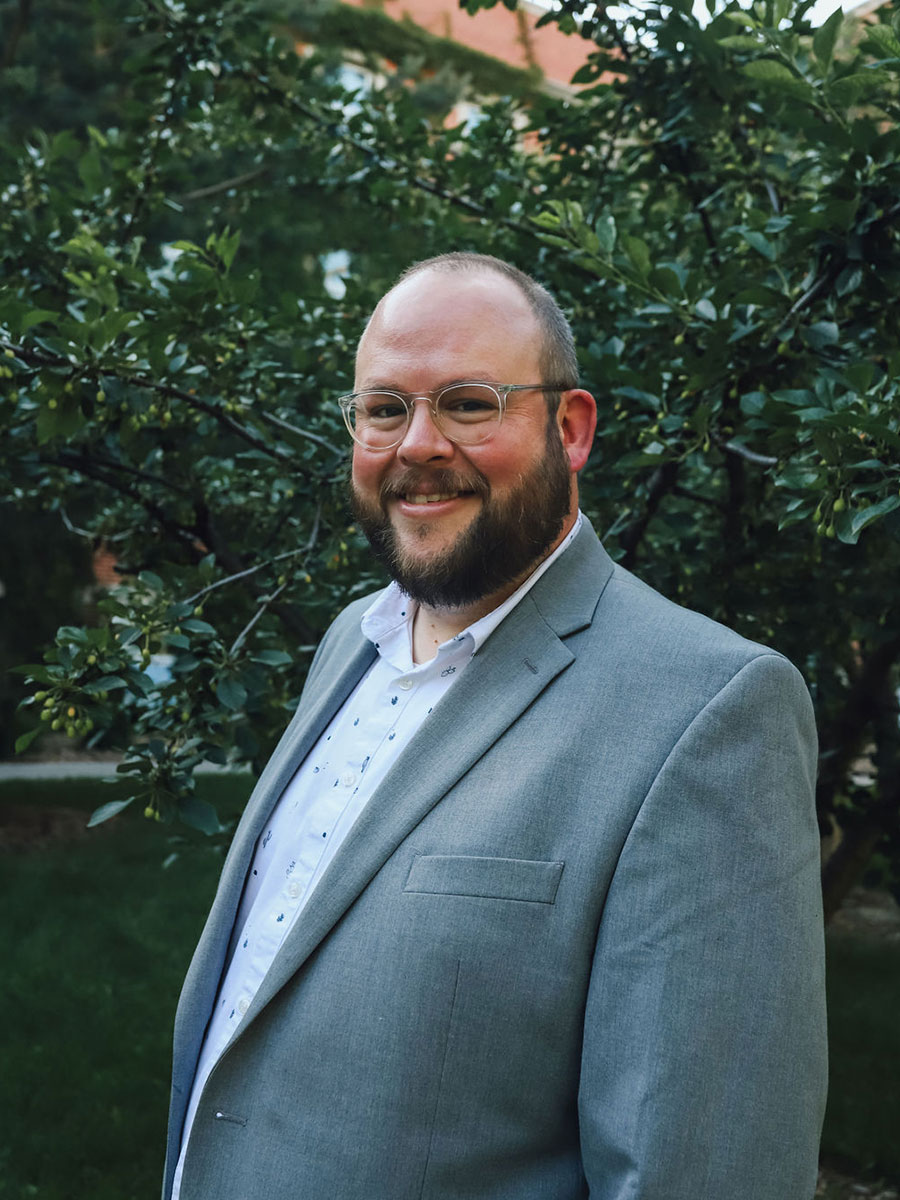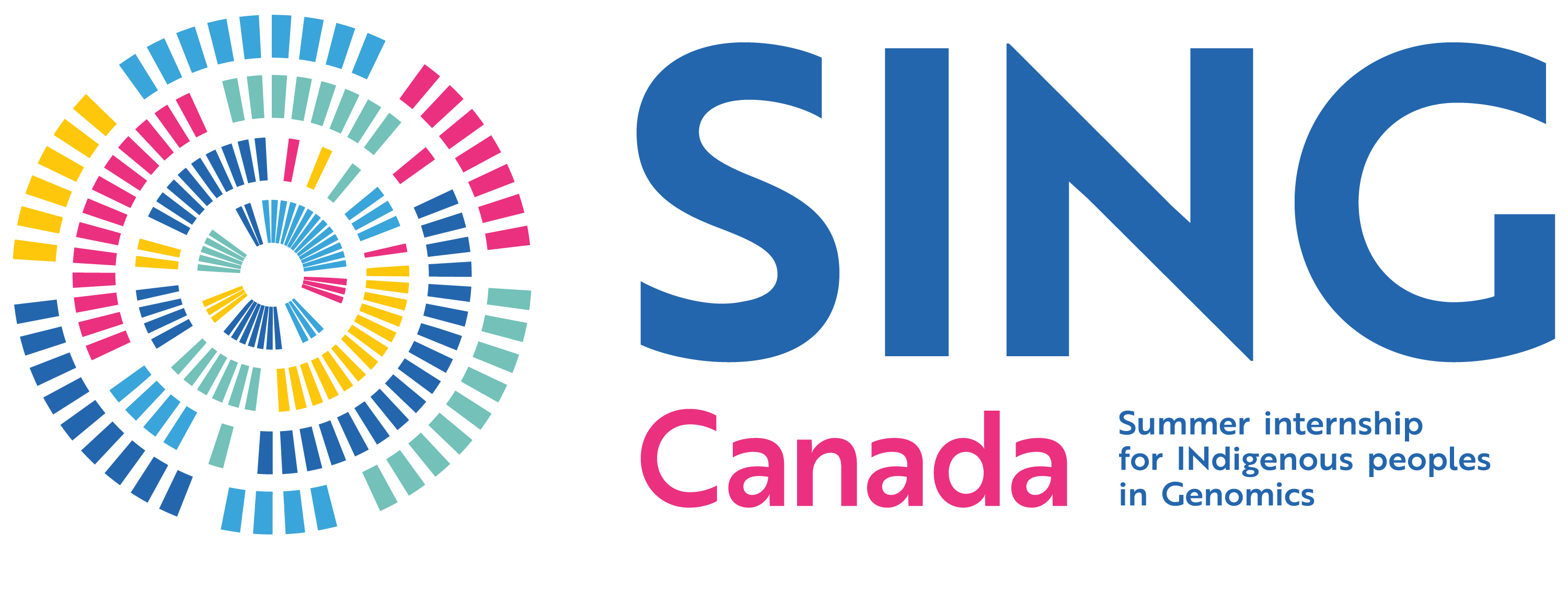Rick Smith

Rick W. A. Smith is a non-Indigenous critical scientist currently working as an Assistant Professor of Anthropology and Women and Gender Studies at George Mason University. Rick completed his Ph.D. in Anthropology at the University of Texas at Austin in 2017 and a postdoctoral fellowship with the Neukom Institute for Computational Science at Dartmouth College in 2020, where he worked between the Anthropology Department and the Geisel School of Medicine.
Rick’s thinking sits at the intersections of genomics and feminist, queer, and Indigenous science studies to trace how shifting conditions of power become molecular. As both a geneticist and a critical science scholar, Rick uses the concept of “molecular” not only to account for the conjoined histories of social, political, ecological, and genetic change over millennia – but also to track the ways in which normative genome science, as a technology of colonialism, has attempted to naturalize the colonial order and its epistemes.
Based on this history, Rick’s work seeks to take on the genome lab as a site of contestation to unsettle and reconfigure the power relations through which genomic knowledge gets made. In 2020, he founded the Critical Molecular Anthropology Lab at George Mason University – which provides infrastructures for lab members, collaborators, and community partners to do genomics out of our own critical knowledges of science and its history. He has co-created a variety of projects with Maya people in Belize, descendants of Indigenous peoples in New Mexico, and within his own community of multi-racial descendants of plantation workers in the Blackland Prairies of Texas. The shared goal of these projects is to hold to people and to place in a way that counters colonial mythologies and re-stories our histories and our health.
Rick has been involved with SING since 2014 when he served as a Teaching Assistant in the SING US workshop in Austin, Texas. He has been affiliated with the Indigenous STS Lab since the completion of his Ph.D. in 2017 and has served as a core founding faculty member of SING Canada since 2018

